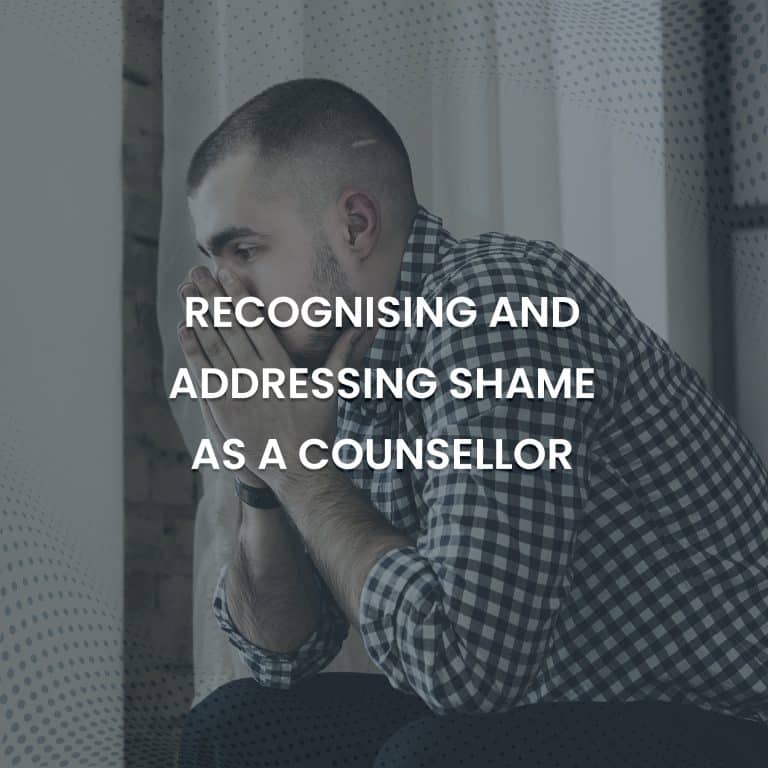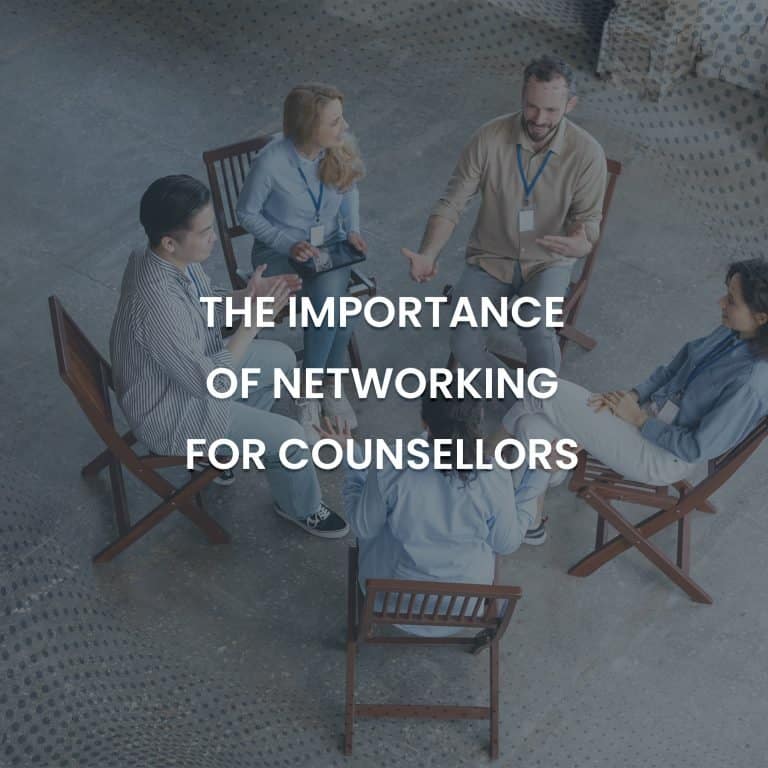
Knowing boundaries is key to creating a mutual understanding between the client and the counsellor. This can help clients approach their counselling sessions with the right frame of mind and with greater clarity on how to achieve what’s best for their wellbeing. Professional boundaries can include length of sessions, general tone of the relationship, disclosure of information and limits regarding the use of touch between counsellor and client.
It is the counsellor’s responsibility to steer the sessions and impress the value and benefit of these upon the client. The counsellor should set the professional tone needed for the relationship. A good counsellor empathises with the client, but not to the extent that interactions start to resemble a friendship.
Work role boundaries include:
- Ethical application: be mindful of the guidelines for the counselling professions, such as the unethical nature of providing counselling to someone you have a personal relationship
- Autonomy in roles: the counsellor must encourage the client to think independently, to make their own decisions and have non-dependency
- Justice in service: ensuring there is a commitment to providing a fair and equitable service to clients regardless of their situation, background, race/ethnicity, culture, ability, gender, age, and social or economic position
- Honest interactions: be truthful with clients and faithfully honour the commitment to assist in their progress
Asking yourself the following questions can provide clarity when boundaries become unclear:
- Is this in the best interest of the client?
- Is this the objective of the client or my own objective?
- Are the needs of the client being effectively met?
Overstepping boundaries as a counsellor can lead to ethical and legal violations. You must understand the client’s right to receive services from you in a professional and courteous manner. As a practitioner, it is very important you also know the professional limitations in your counselling training and experience and work within them.
If a client extends an invitation to an event such as a birthday party, this implies a desire for a friendship rather than a professional relationship. As a counsellor, you cannot attend such events as they may put strain on professional boundaries due to you gaining stronger ties to not only the client, but also their family and friends. Changing the professional relationship to one that is more personal could lead to unnecessary expectations. Clients may feel they deserve lower fees or free services, longer sessions or more attention and availability whenever they require support. Ensure you communicate clearly that this is a therapeutic relationship and ensure boundaries are there to keep that relationship professional for the benefit and safety of the client.










